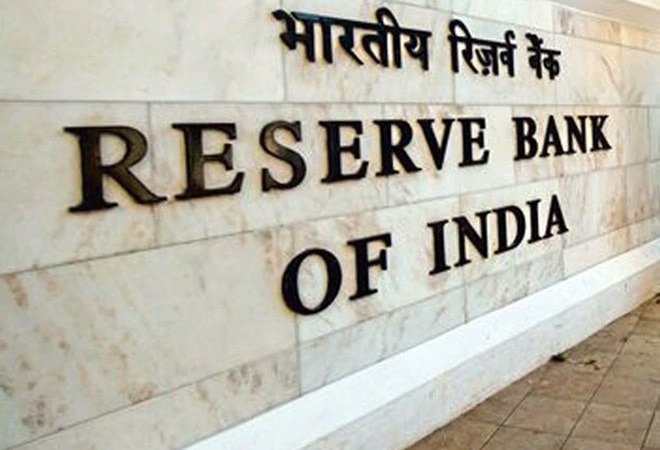The Reserve Bank of India (RBI) on Monday said retail investors can open an account with the central bank in few easy steps online to start trading in government bonds.
Under this, retail investors (individuals) will have the facility to open and maintain the ‘Retail Direct Gilt Account’ (RDG Account) with RBI, the central bank said.
This online portal for retail investors will give access to the bond trading platform available for institutional investors as well as for retail investors.
How it will work?
Retail investors (individuals) will have the facility to open and maintain the RDG account with the RBI.
RDG accounts can be opened through an online portal provided for the purpose of the scheme. The RDG account can be opened singly or jointly with another retail investor meeting the eligibility criteria.
The starting date for the ‘retail direct gilt’ (RDG) account has not been announced by the RBI yet.
How to register?
Investors can register on the online portal by filling up the online form and use the OTP received on the registered mobile number and email id to authenticate and submit the form.
Upon successful registration, ‘Retail Direct Gilt Account’ will be opened and details for accessing the online portal will be conveyed through SMS or e-mail.
For Resident
Resident Reatil investors can register under the scheme and maintain a RDG account with basic KYC, such as rupee savings bank account maintained in India, permanent account number (PAN) issued by the Income Tax Department, any officially valid document for KYC, valid email, and registered mobile number.
For Non-resident
Non-resident retail investors will also be eligible to invest in government securities, but as per the rules set by Foreign Exchange Management Act.
The RDG account can be opened singly or jointly with another retail investor who meets the eligibility criteria.
Benefit
RBI will not charge any fee for maintaining an RDG Account.
Using the RDG account, a saver can buy from the primary market, which is hitherto dominated by bond houses or institutional investors.
Retail participation may not change the landscape of the sovereign bond market drastically, this could open a new investment option for savers seeking investment safety and assured returns.
About Govt Bond
Government bonds are debt instruments issued by the Reserve Bank of India, on behalf of the Central Government.
The state governments also raise money by issuing such instruments; those are called State-Development loans.
The 10-year government security bond yield is a widely tracked number by market participants to assess the long term interest rate movement in the economy.
It is typically referred to as a benchmark security. The 10-year g-sec current yield is 6.11 per cent.
Press the 🔔 icon for notifications of all new updates






